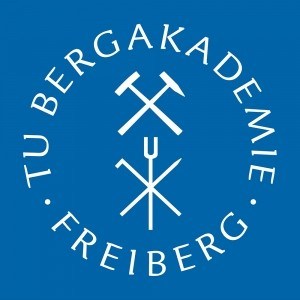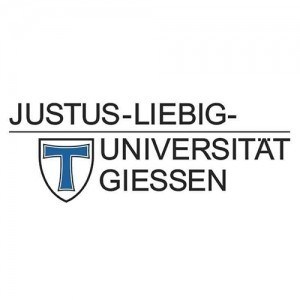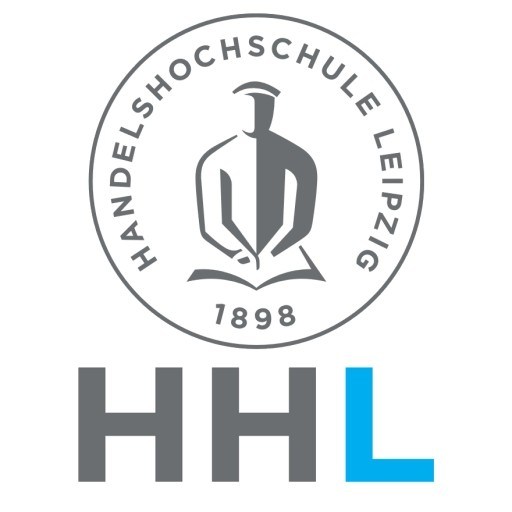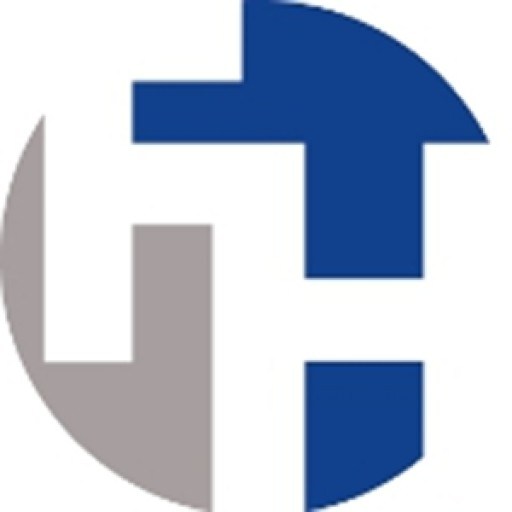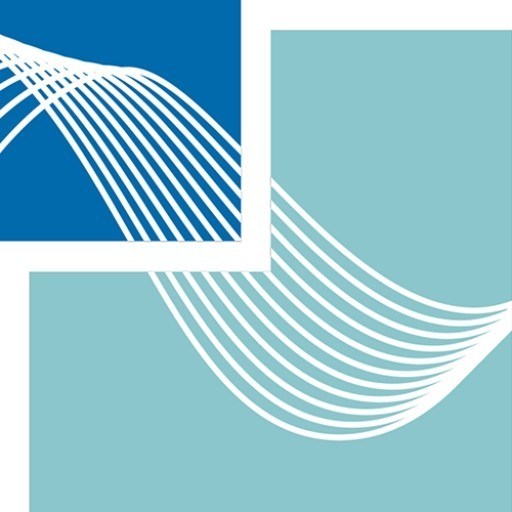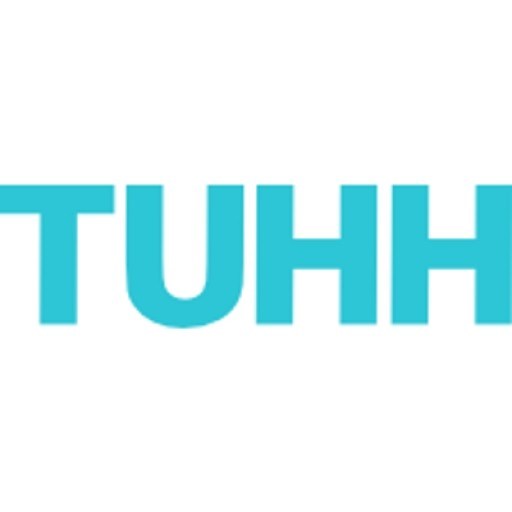Sustainable Mining and Remediation Management at Freiberg University of Mining and Technology prepares students to address one of the most pressing challenges of the modern world: ensuring responsible extraction of mineral resources while minimizing environmental impact. This interdisciplinary program combines principles of geology, engineering, environmental science, and sustainable development to equip graduates with the knowledge and skills needed to develop innovative solutions for sustainable resource extraction, environmental remediation, and mine closure planning. Students learn about modern mining technologies, mineral processing, waste management, and landscape restoration techniques, focusing on reducing the ecological footprint of mining activities. The curriculum emphasizes sustainable practices, environmental legislation, risk assessment, and environmental monitoring, enabling students to evaluate and implement environmentally friendly mining strategies. Through practical training, laboratory work, and internships with industry partners, students gain hands-on experience in developing sustainable mining projects, managing environmental impacts, and implementing remediation measures for abandoned or contaminated sites. The program also addresses societal aspects of mining, such as community engagement, social responsibility, and economic considerations, preparing graduates to serve as responsible leaders in the mining sector. Graduates of this master’s program are equipped to work in environmental consultancy, mining companies, government agencies, and research institutions focused on sustainable resource management. They will be capable of conducting environmental impact assessments, designing remediation projects, and promoting sustainable mining practices that balance economic development with environmental preservation. As the global demand for critical minerals continues to grow, professionals trained in sustainable and responsible mining practices become increasingly vital in shaping the future of the mining industry. With a comprehensive curriculum supported by cutting-edge research and close industry collaboration, this program aims to cultivate experts capable of transforming the mining sector into a more sustainable and environmentally conscious industry.
Educational organisation
First Semester- Management and Finance
- Project and Contract Management
- Mine Water: Chemistry and Treatment
- Mine Water: Hydrogeology and Modelling
- Brownfield Revitalisation
- Reclamation
- Licensing, Stakeholder Involvement, and Expectation Management
- Radioactivity
- Biotechnology in Mining
- Master's seminar Sustainable Mining and Remediation Management with colloquium: the students will get a specific topic for their work as well as hints for the literature study.
The last four months of the third semester are dedicated to the Master's thesis.
Part-time study is possible (six semesters).
Study abroad unit(s)
Participants may spend parts of study at partner universities of the TU Bergakademie Freiberg. A minimum of 78 credits have to be obtained at the TU Bergakademie Freiberg.Internships
Internships are parts of the lectures. They also can be carried out on an individual basis.Forms of assessment
Courses, lectures, presentations and practical training will be graded using the European credit point system. Exams may be oral or written. Prerequisites for some examinations are home assignments, reports and presentations by the students. A total of 90 ECTS points is required, of which 20 ECTS points are awarded for the Master's thesis. This consists of the written thesis and a public defence (presentation and discussion).Course objectives
The special profile of this Master's programme enables a graduate to work worldwide for relevant mining and mining remediation enterprises, public administrations, and international organisations.Language requirements
Applicants must provide proof of sufficient English proficiency: TOEFL 550 (paper-based), 213 (computer-based), 79 (Internet-based) or International English Language Test System (IELTS) at least 6.0, or equivalent. This test can be waived if an applicant can demonstrate that his or her previous educational achievement was taught entirely in English.Academic requirements
Bachelor's degree (at least seven semesters) in geoengineering, geoscience, or a related fieldEnrolment fees
Approx. 90 EUR per semesterCosts of living
Living costs amount to 500-600 EUR per month, including accommodation, insurance, food, sports, and other expenses.Job opportunities
Consulting firms and companies located in and around Freiberg offer jobs. The university also offers jobs related to research projects and teaching obligations.Funding opportunities within the university
The "Deutschlandstipendium" is open to international students.http://tu-freiberg.de/en/economy/deutschlandstipendium
Arrival support
The International Centre provides support to new international students by assigning a mentor to each new student. A buddy is a German or international student who speaks German and English, sometimes French, Spanish or Russian. The mentor takes the newcomer through the first steps in Freiberg and at the university, i.e. picking the student up at the train station upon arrival, helping with enrolment, and with all other required administrative formalities (e.g. health care, opening a bank account, administrative formalities at city hall). Students who wish to participate need to register well in advance of their arrival (http://www.iuz.tu-freiberg.de).Services and support for international students
Intensive and individual professional advice is provided by the supervisors and coordinators of the programme. The International Centre offers support to all international students within the mentor programme, German language courses as well as information and consultation about studying and living in Freiberg.Student initiatives offer valuable cultural services for all students and PhD students at the TU Bergakademie Freiberg and support the intercultural exchange at the university. Their activities include the international weekend at the beginning of the winter semester, the regular international corner with topical events, and trips to interesting places in Germany.
Psychological counselling is also provided to all students in need.
Accommodation
Accommodation is available on the private market. In Freiberg, many students choose to live in their own flats or to share flats, living together in a so-called WG (Wohngemeinschaft). Flats are generally unfurnished, although built-in kitchens are usually provided.Rent for a single room is approx. 170-350 EUR per month. Often a deposit of two to three months rent has to be paid. Most prices given by private landlords are quoted without the price for utilities such as heating, water and electricity. This rental pricing without services is called "Kaltmiete". The additional expense for utilities is usually about 150-200 EUR per month.
Private accommodation can be found on the Internet at:
http://www.studenten-wg.de
http://www.wohnungsgesellschaft.de (Städtische Wohnungsgesellschaft Freiberg)
http://www.rwr.de (RWR Immobilien Freiberg)
http://www.studentenwohnheim-freiberg.de
The International Centre offers support with finding accommodation on the private market (http://www.iuz.tu-freiberg.de).
